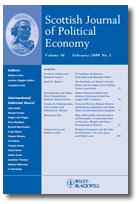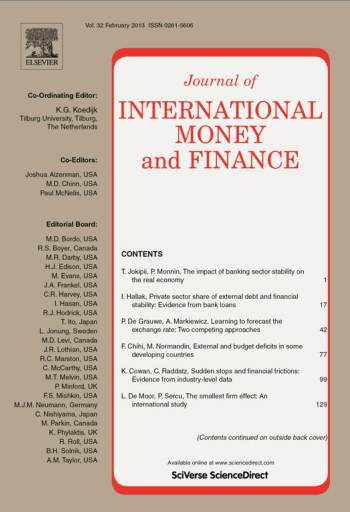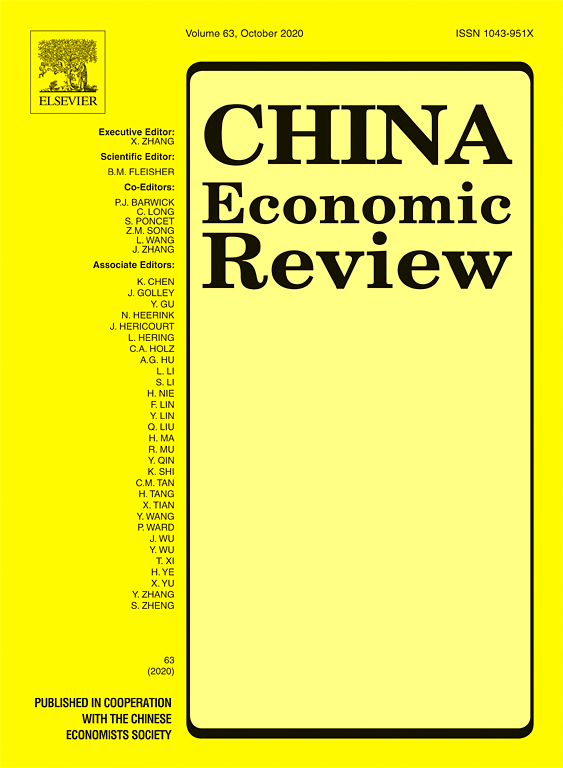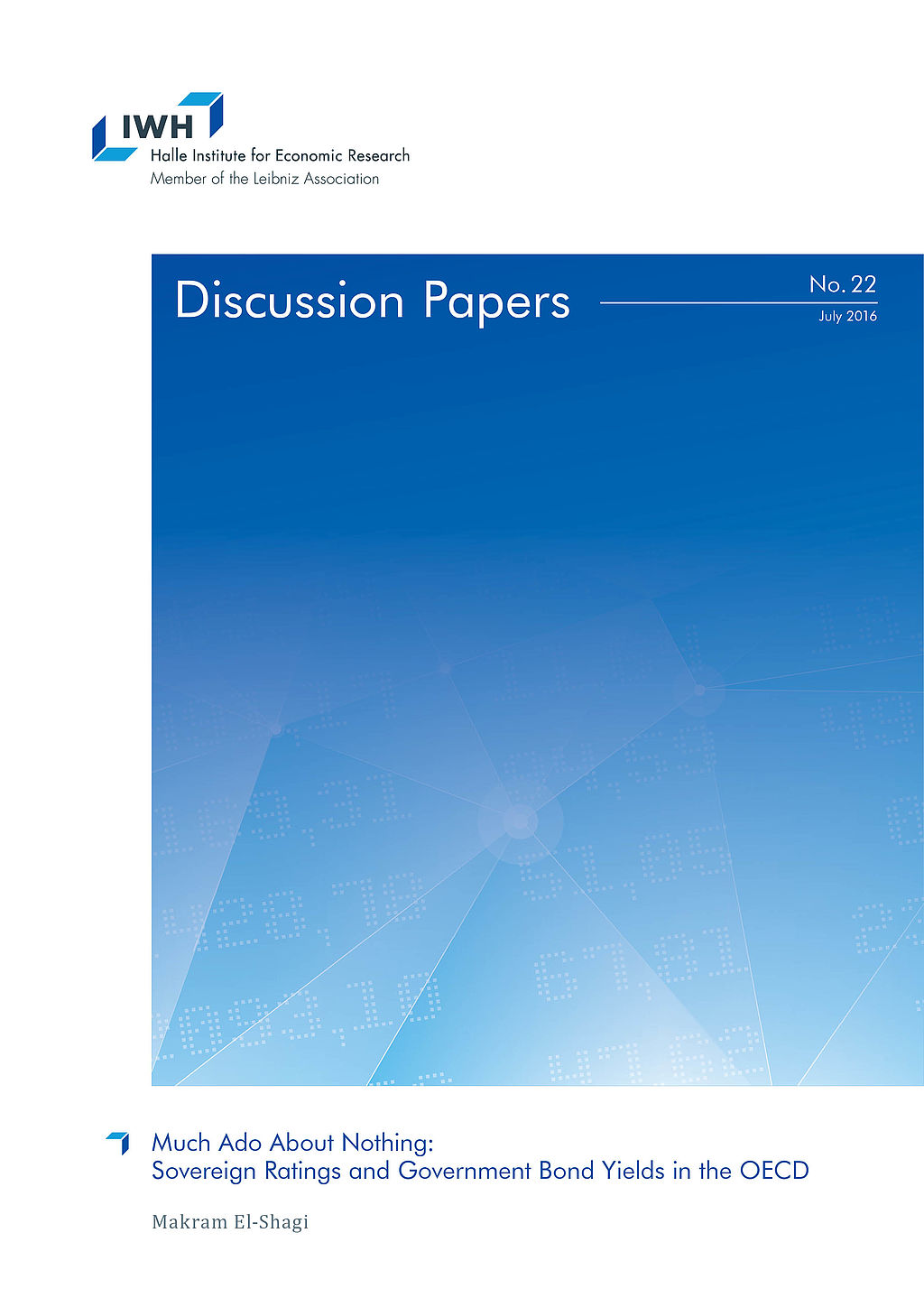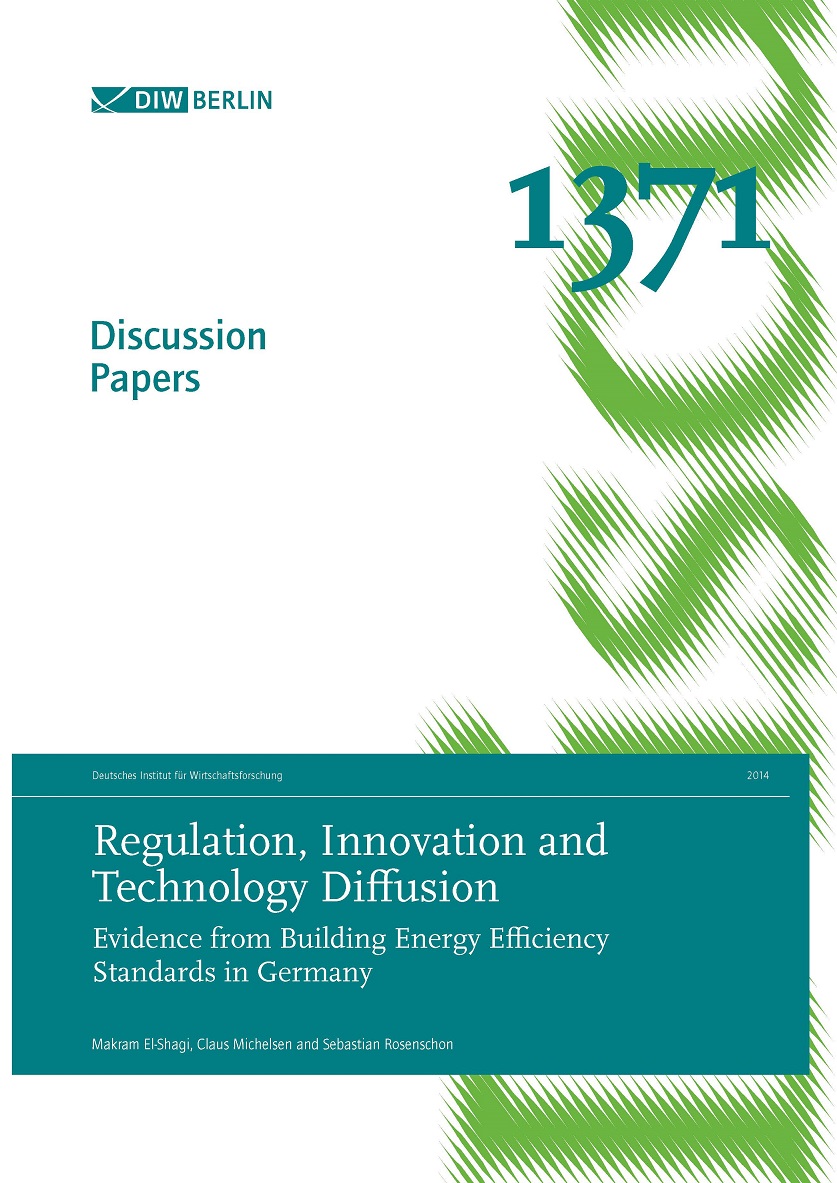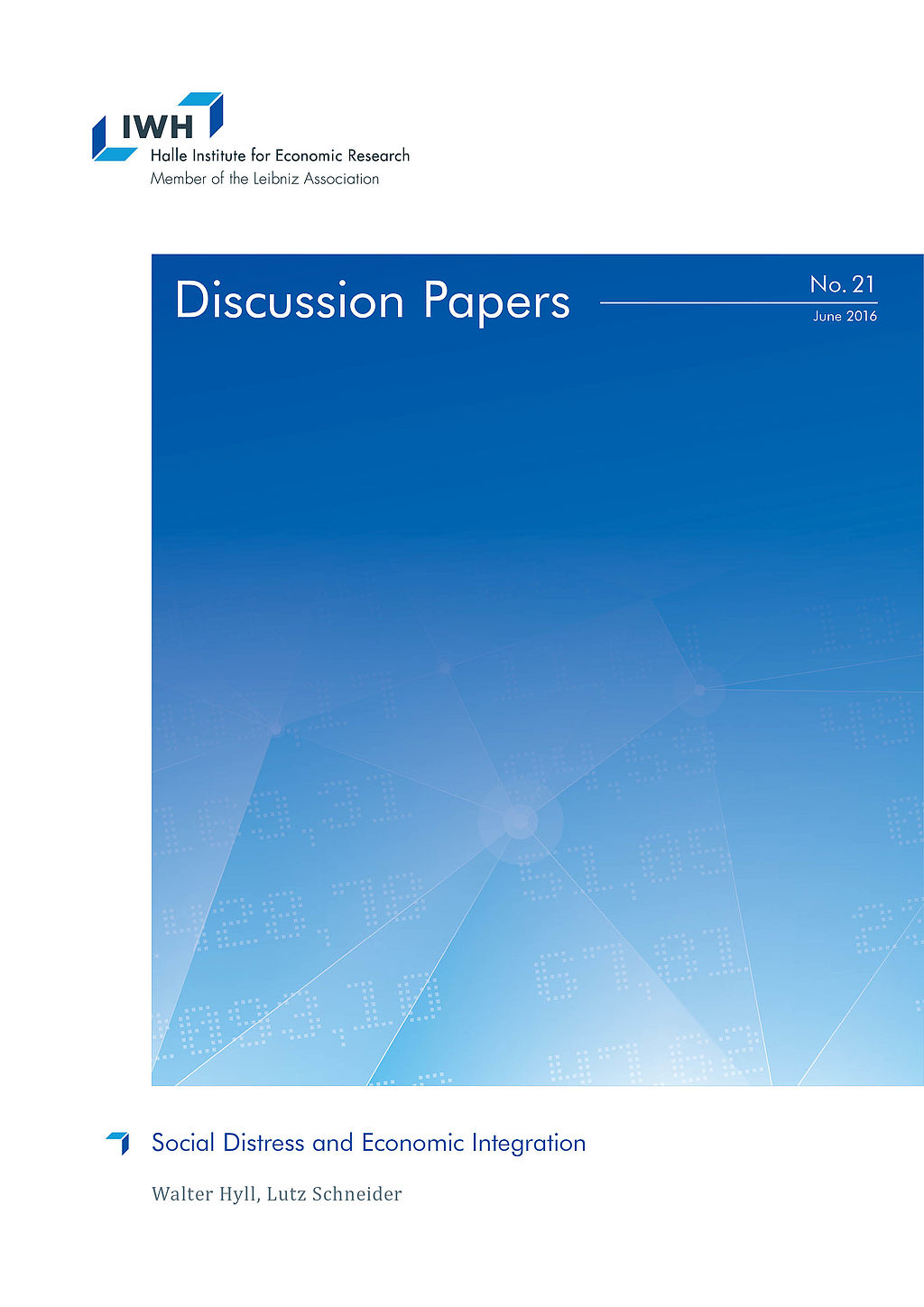Professor Dr. Makram El-Shagi

Aktuelle Position
seit 1/15
Forschungsprofessor
Leibniz-Institut für Wirtschaftsforschung Halle (IWH)
seit 8/14
Professor
Henan University, School of Economics, China
Forschungsschwerpunkte
- Finanzmarktstabilität bzw. - instabilität: Regulierung und realwirtschaftliche Folgen
- Währungs- und Geldpolitik
Makram El-Shagi ist seit Januar 2015 Forschungsprofessor am IWH. Seine Forschungsschwerpunkte liegen im Bereich monetäre Makroökonomik, internationale Makroökonomik und Ökonometrie.
Makram El-Shagi ist Professor an der Henan University in China und Leiter des "Center for Financial Development and Stability". Zuvor war er Gastprofessor an der California State University, Long Beach sowie wissenschaftlicher Mitarbeiter am IWH.


